
China
11:51, 20-Sep-2017
China Footprint: Neo-colonialism? What China has done in Africa
By Lindy Mtongana
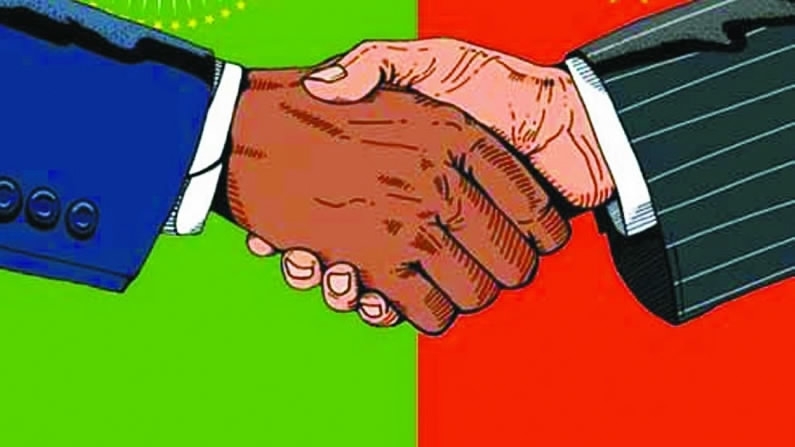
China has enjoyed friendly ties with a number of African countries for some time and now - with China as the African continent's largest trading partner - the country is doing business with African nations on an unprecedented level.
But, China’s deepening ties with Africa has been seen as some in the West as a form of neo-colonialism.
So what is China really doing in Africa and what is at the heart of the relationship? CGTN’s Lindy Mtongana found out the answers by visiting Nairobi and Beijing.
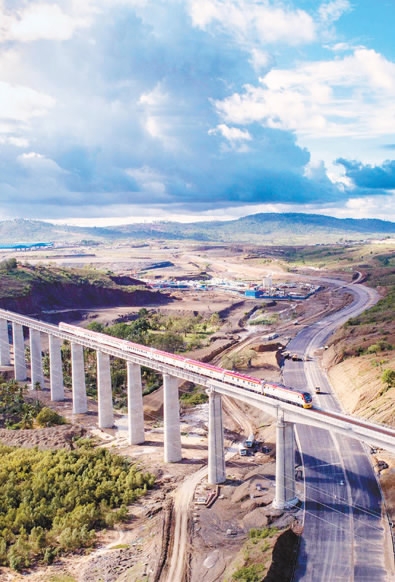
Kenya’s Madaraka Express railway. /CGTN Photo
Kenya’s Madaraka Express railway. /CGTN Photo
The story starts in Kenya.
The Madaraka Express is a relatively new standard gauge railway which was built by the Chinese. Trains on the line run daily between the capital Nairobi and the port city of Mombasa and since its launch in May, it's grown in popularity.
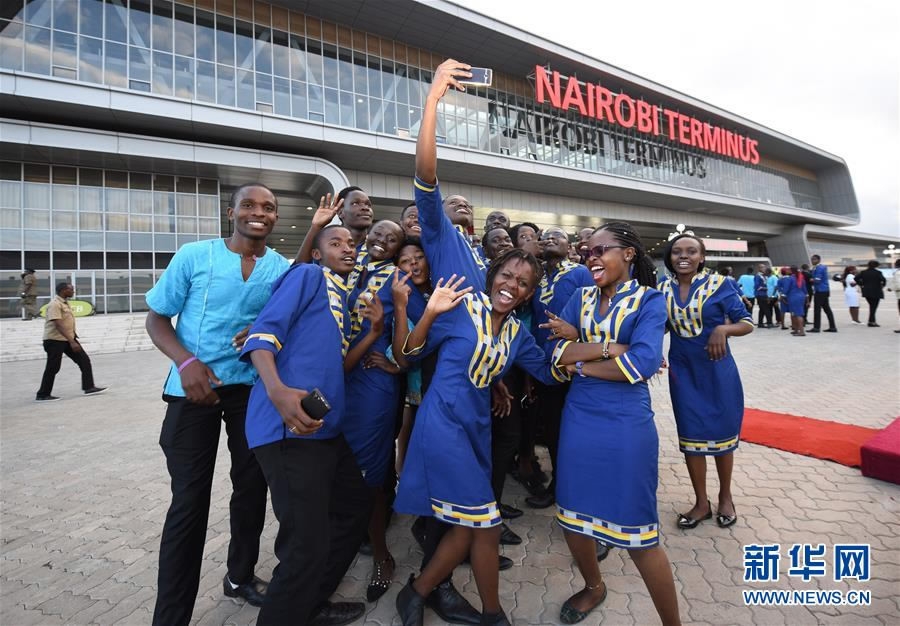
Staff from the Madaraka Express. /Xinhua Photo
Staff from the Madaraka Express. /Xinhua Photo
The crew manager of the Madaraka Express, Harrison Kimani, said there has been an overwhelming demand for tickets among passengers, something which surprised staff as they never expected the line to be as popular as it has become.
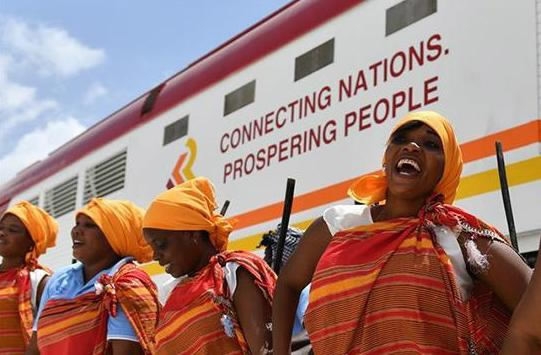
Travelers about to embark on the Madaraka Express. /CGTN Photo
Travelers about to embark on the Madaraka Express. /CGTN Photo
Professor Peter Kagwanja from the Africa Policy Institute said that the Madaraka Express is a symbol of China and Africa’s partnership and is also arguably the best indication that the relationship between Africa and China is not colonial, but is more about liberation.
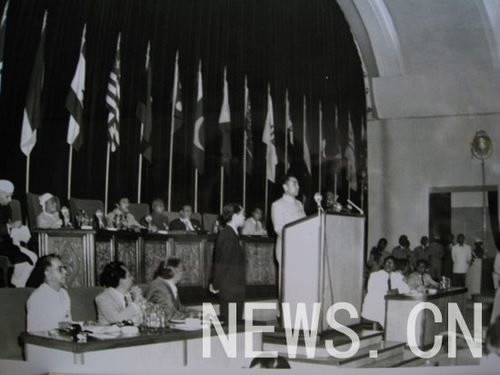
The Bandung Conference of 1955. /Xinhua Photo
The Bandung Conference of 1955. /Xinhua Photo
The relationship between China and Africa can be traced back to the 1950s.
The Bandung Conference of 1955 marked the first ever meeting between Chinese and African representatives. 29 Afro-Asian countries took part in the dialogue to cement economic and cultural ties and oppose colonialism.
Peter Kagwanja points out that decades later, that friendship still endures in the form of the Forum of China Africa Cooperation (FOCAC).
In December 2015, Chinese President Xi Jinping was in South Africa to pledge Beijing’s commitments to the continent.
The document that emerged from this FOCAC Summit outlined, among other things, the agenda of industrialization and that is the future of Africa-China relations.
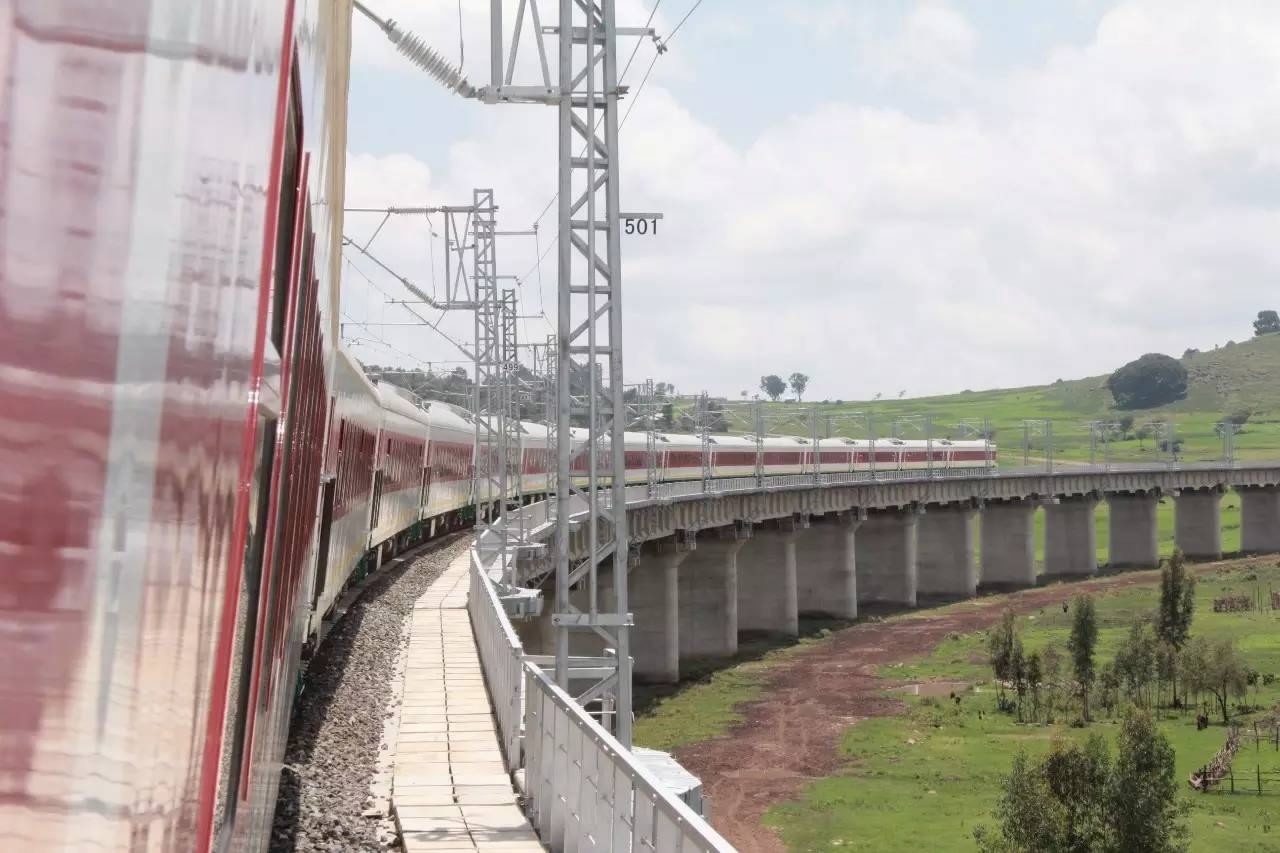
The Ethiopia – Djibouti line. /VCG Photo
The Ethiopia – Djibouti line. /VCG Photo
From the Ethiopia–Djibouti rail link to the Tazara line between Tanzania and Zambia, China is leaving its mark across the continent with new railways linking African countries and cities in ways never seen before.
After examining the Chinese impact in Africa, Lindy traveled to Beijing to find out more about this bilateral relationship.
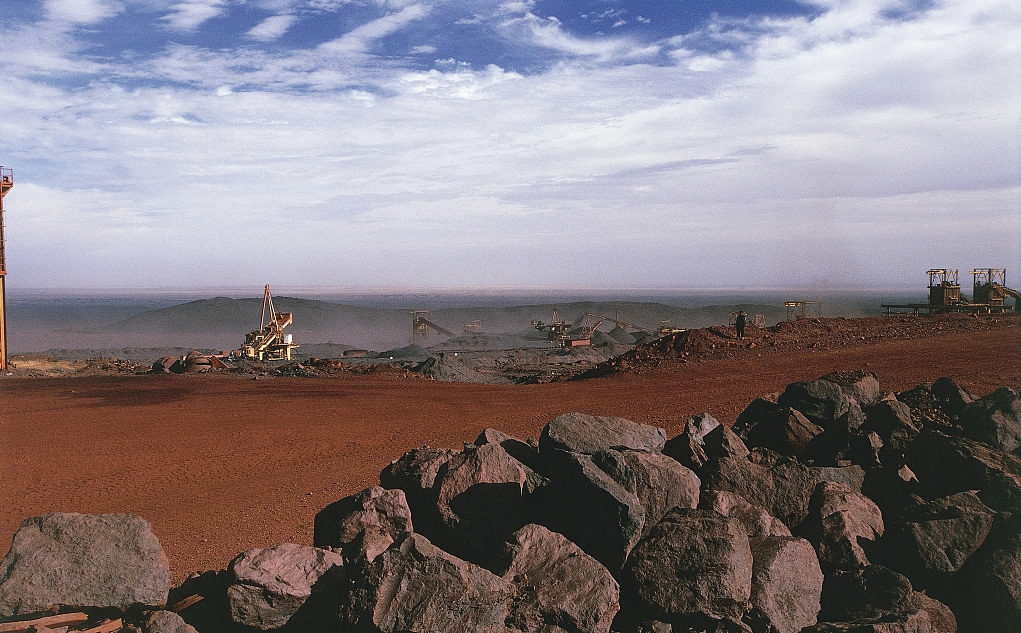
Cranes in an iron mine in Africa/VCG photo
Cranes in an iron mine in Africa/VCG photo
Doctor He Wenping from the Chinese Academy of Social Sciences said that China and Africa have very strong complimentary points.
He said China has rich experience in developing special economic zones and township enterprises which can be shared with Africa. However, China is short of resources because of explosive economic development, so China depends on the market and resources that Africa can offer.
On the other hand, there’s a big difference between nowadays and the former colonial times. A country cannot simply walk into an African country and plunder the resources without any negotiation. Now things are on a more equal footing, he said.
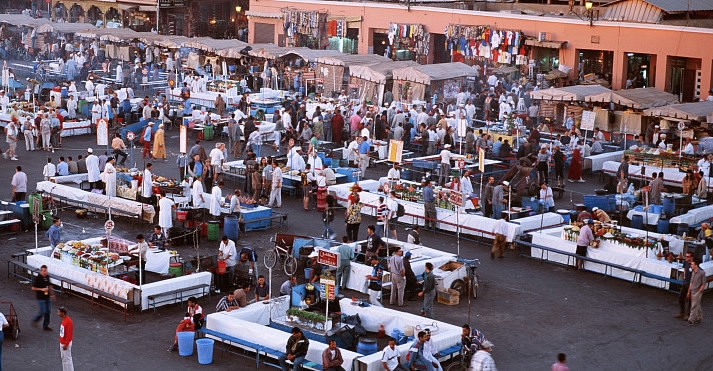
An African street fair. /VCG Photo
An African street fair. /VCG Photo
In fact, most of Africa’s minerals and oil are exported to European countries, and most of China investments are in the service and manufacturing industries.
He Wenping said that while China has been trying to help African people develop for themselves, Chinese assistance is just a drop in the ocean and the majority of change needs to be instigated by African governments the people themselves.
The geographical distance between China and Africa has never mattered in a friendship that’s spanned the decades, with both sides having much to gain from this mutually beneficial relationship.

SITEMAP
Copyright © 2018 CGTN. Beijing ICP prepared NO.16065310-3
Copyright © 2018 CGTN. Beijing ICP prepared NO.16065310-3